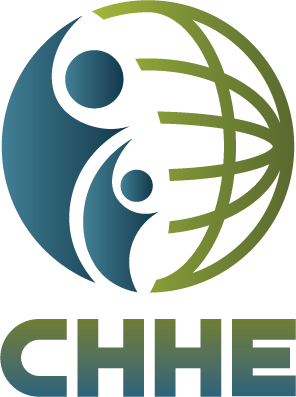Cathrine Hoyo
CH

Bio
The overarching goal of Dr. Hoyo’s research is to determine the role of environmentally-induced alterations in the epigenome in the genesis of common chronic diseases, especially those that disproportionately affect minority populations, including cancer and obesity, and to use this information to improve the prediction, therapy, and prevention of diseases.
Research Impact Dashboard
Publications
- Age-specific DNA methylation alterations in sperm at imprint control regions may contribute to the risk of autism spectrum disorder in offspring , Aging (2025)
- Childhood Household Dysfunction and Low Household Income Associate with Increased Risk of Cirrhosis in Adults , Clinical Gastroenterology and Hepatology (2025)
- Data from Extended Human Papillomavirus Genotyping to Predict Progression to High-Grade Cervical Precancer: A Prospective Cohort Study in the Southeastern United States , (2025)
- Dietary Iron Supplementation Protects Against Growth Restriction and Metabolic Dysfunction‐Associated Steatotic Liver Disease in Perinatal Cadmium‐Exposed Mice , FASEB BioAdvances (2025)
- Differential methylation patterns in cord blood associated with prenatal exposure to neighborhood crime: an epigenome-wide association study and regional analysis , Epigenetics (2025)
- Effects of Ambient Temperature During Pregnancy on Newborn Birthweight , bioRxiv (Cold Spring Harbor Laboratory) (2025)
- PedBE age and age acceleration in umbilical vein endothelial cells: an examination of infant birth outcomes , Journal of Developmental Origins of Health and Disease (2025)
- Short-chain per- and polyfluoroalkyl substances associate with elevated alanine aminotransferase: Cross-sectional analysis results from the STRIVE cohort , Environmental Research (2025)
- Supplementary Figure from Extended Human Papillomavirus Genotyping to Predict Progression to High-Grade Cervical Precancer: A Prospective Cohort Study in the Southeastern United States , (2025)
- Supplementary Figure from Extended Human Papillomavirus Genotyping to Predict Progression to High-Grade Cervical Precancer: A Prospective Cohort Study in the Southeastern United States , (2025)
